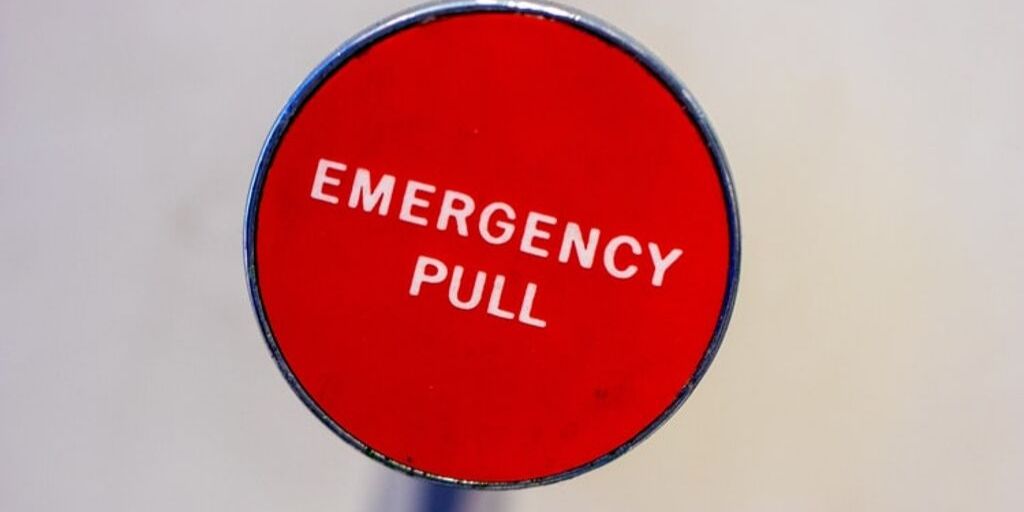Knowing how and when to respond to a social media crisis is crucial for reputation management and preventing future issues.
News travels at lightning speed thanks, in large part, to social media. With the ability to amplify news – both good and bad – you hear, almost daily, about brands battling a social media crisis. Look at Facebook, who is still managing the aftermath of the Cambridge Analytica scandal almost two years after the news broke.
When your company suffers from negative reviews on social media, it hurts. A single post can have a direct impact on your bottom line. That’s why it’s crucial for B2B brands to know how and when to respond to online reviews and comments. Here are four ways to help your company manage a social media crisis.
4 steps to managing a social media crisis
1. Establish policy
We recently wrote about the importance of a social media policy, and there’s never a better time to implement one than during a social media crisis (except for maybe before it happens). When you provide employees with guidelines on how to respond to negative feedback online, you minimize the risk of employees guessing the appropriate response. Because speed is critical in these situations, a social media policy allows your team to respond quickly and confidently.
2. Listen
You know customers are talking about your company, but is the tone a positive one? And if it’s not, how are you responding? Social listening gives you the opportunity to take a negative customer-service situation and not only correct the problem, but deescalate a situation from turning into a crisis.
Through consistent social listening, you’ll understand the difference between grumblings and a significant change in sentiment toward your brand. Though no company is perfect, a personalized response to negative comments on social media shows a genuine concern for your customers and an investment in customer satisfaction.
3. Engage
As we’ve said, time is of the essence. A short, initial response on social media is a must, but your brand needs to follow up with more in-depth messaging. Social media thrives on engagement, and responding to a crisis is no different.
Lauren Teague suggests, “Avoid getting pulled into a long discussion of what went wrong. Instead, try to move the conversation to a more personal channel, like private messaging. You could also offer a phone number, email address, or other means of communicating outside of social media.”
4. Learn
Deep breaths. Once you’ve survived a social media crisis, the experience isn’t over. Take the time to meet with your employees and examine what happened, what worked well, and what needs to change in the event another crisis occurs. Learning how to minimize the damage of a social media crisis will only benefit you when future issues arise.
Give your staff the opportunity to share their experience during the crisis. Insight from your different departments can help determine areas in your social media policy that need updating, including how to prevent similar crises in the future.
Has your company experienced a social media crisis? How did you put out the fire?
Related posts:


